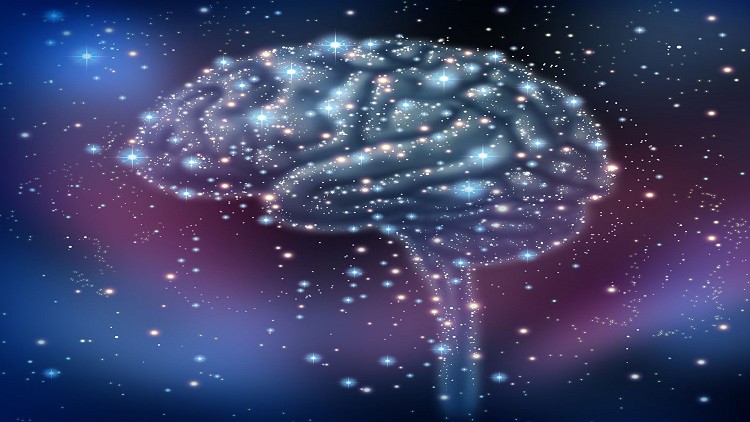
Good ‘memory skill’ is an important skill to succeed in every walk of your life.
What you will learn
Explain What is Memory
Explain the Importance of Memory
Explain Atkinson-Schiffrin Three-stage Model of Memory
Describe the Three Phases of Memory Activity
Description
Memory is a boon to the human kind. Memory forms the basis due to which you identify, recognize and know your loved ones, friends, neighbors, enemies, language, skills, national anthem and everything that you know about yourself and your environment. If there was no such thing as memory, then you would live in a lost world where you would not know anyone, anything and even yourself, even your name. Therefore, memory is the cognitive processes whereby you remember your past experiences and thus is the retention of information or experience over time. In today’s fast-paced world, it is crucial that you should have a good memory.
It is a good memory that will give you the ability to remember faces, names, facts, information, dates, events, circumstances and other things concerning your everyday life. Therefore, a good memory is crucial to help you achieve success in your career and personal life. Your memory is made up of complicated neural connections in your brain. These neural connections are capable of holding millions of data. Your memory and the ability of your mind to retain past experiences in a highly organized manner give you the potential to learn and create different ideas. If you’re a healthy individual with no serious illness or handicap, then it is a must that you can always develop good memory skills. Often poor memory skills are attributed to lack of attention, concentration, insufficient listening skills, and other inherent bad habits. However, you can always hone and sharpen your memory skills using the right methods.
‘Encoding’ is the process of getting information into the brain. Thus, through encoding we process the meaning of verbal information by associating it with what we already know or imagine. Effortful encoding is done when we consciously focus our attention and effort on processing and understanding information. Effortful encoding is usually done when we are faced with new or unusual information such as a new cell-phone number which requires attention and effort. Such processing leads to durable and accessible memories. Effortful learning usually requires rehearsal or conscious repetition.
Example:
Learning a new software at workplace. Automatic encoding is done when we automatically process information without any conscious focus of attention and effort. Automatic encoding is usually done when we are faced with old or used-to information such as the route to our office which requires no attention and effort.
Example:
Space: While reading a newspaper, you automatically encode the place of a picture on a page.
Time: You note the events that take place in a day unintentionally.
Frequency: You keep track of things that happen to you quite effortlessly.
Content